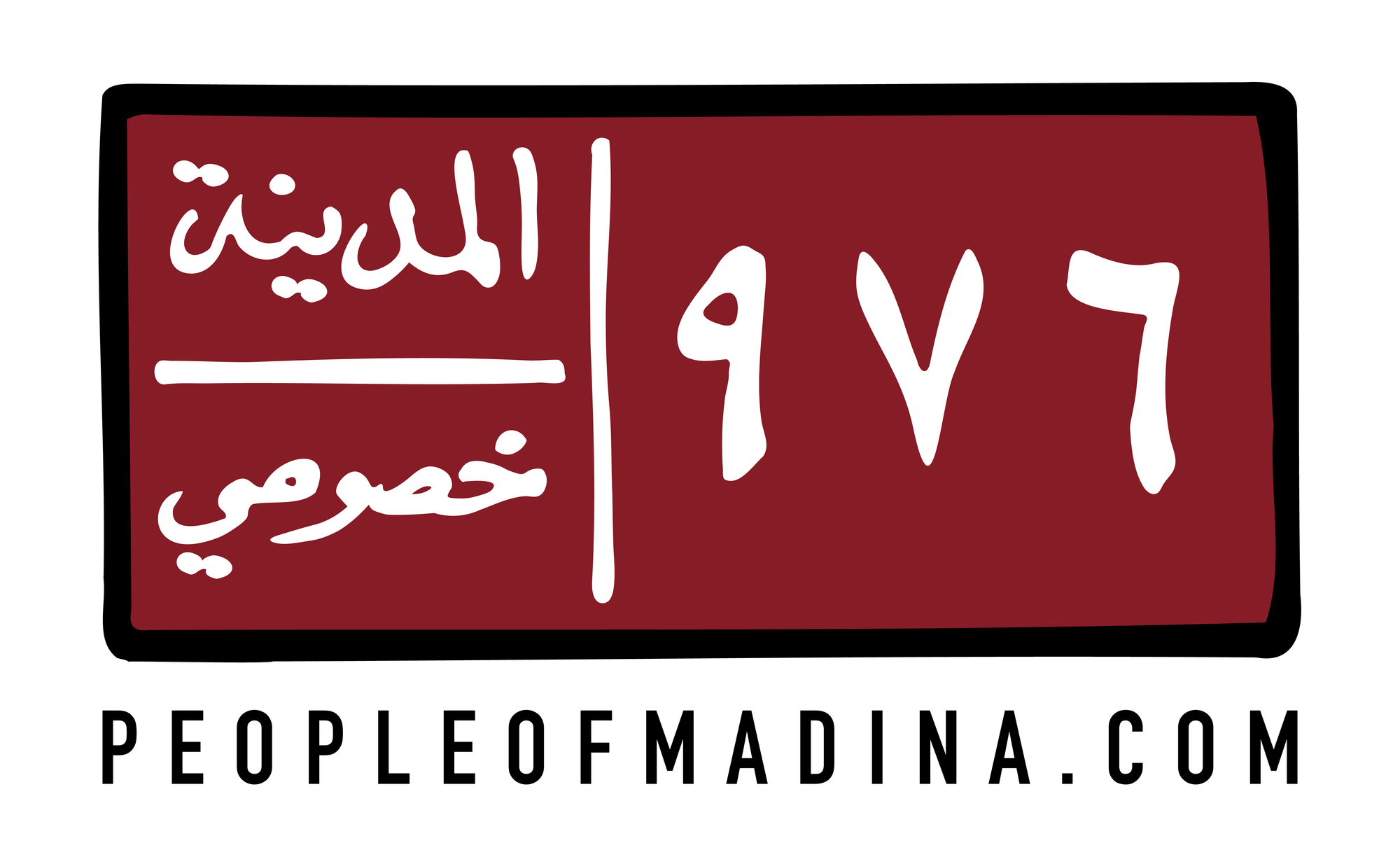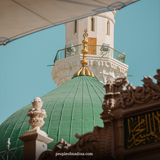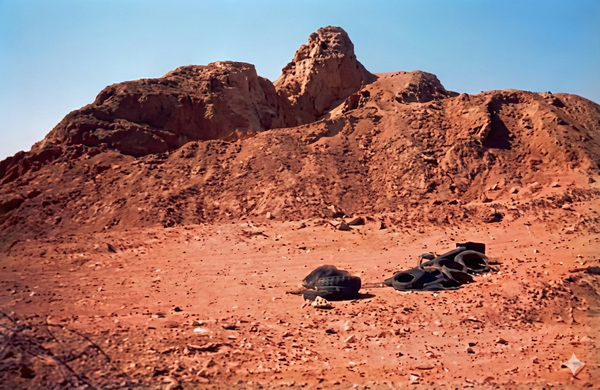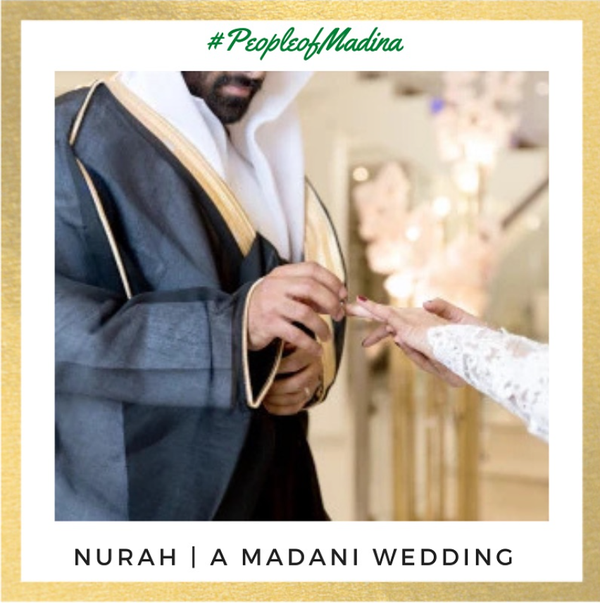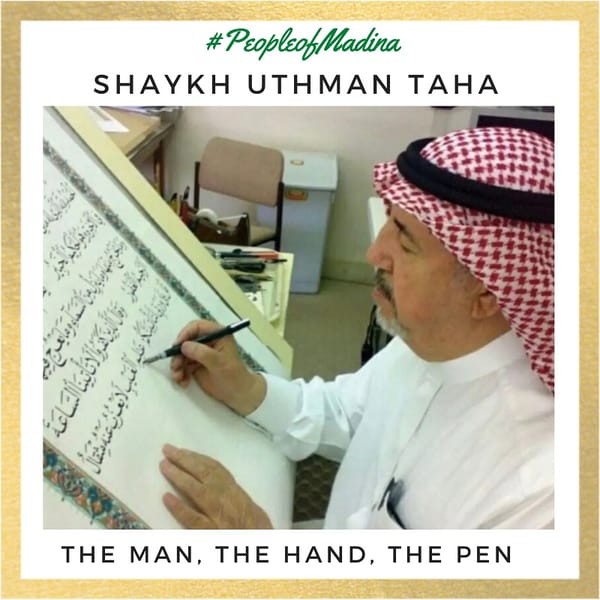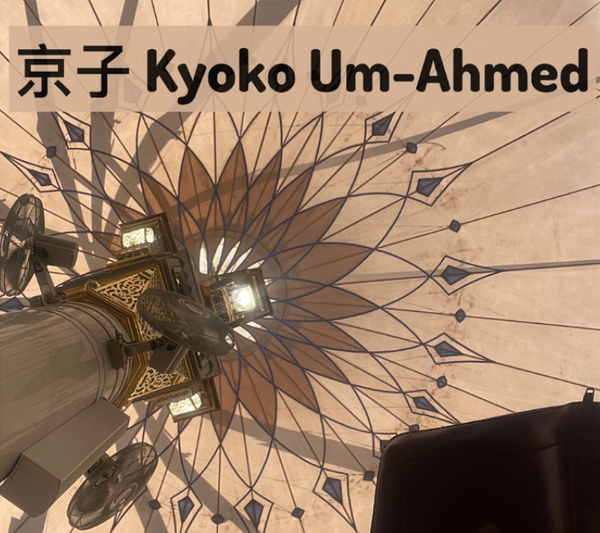Kubra, Madina/Istanbul
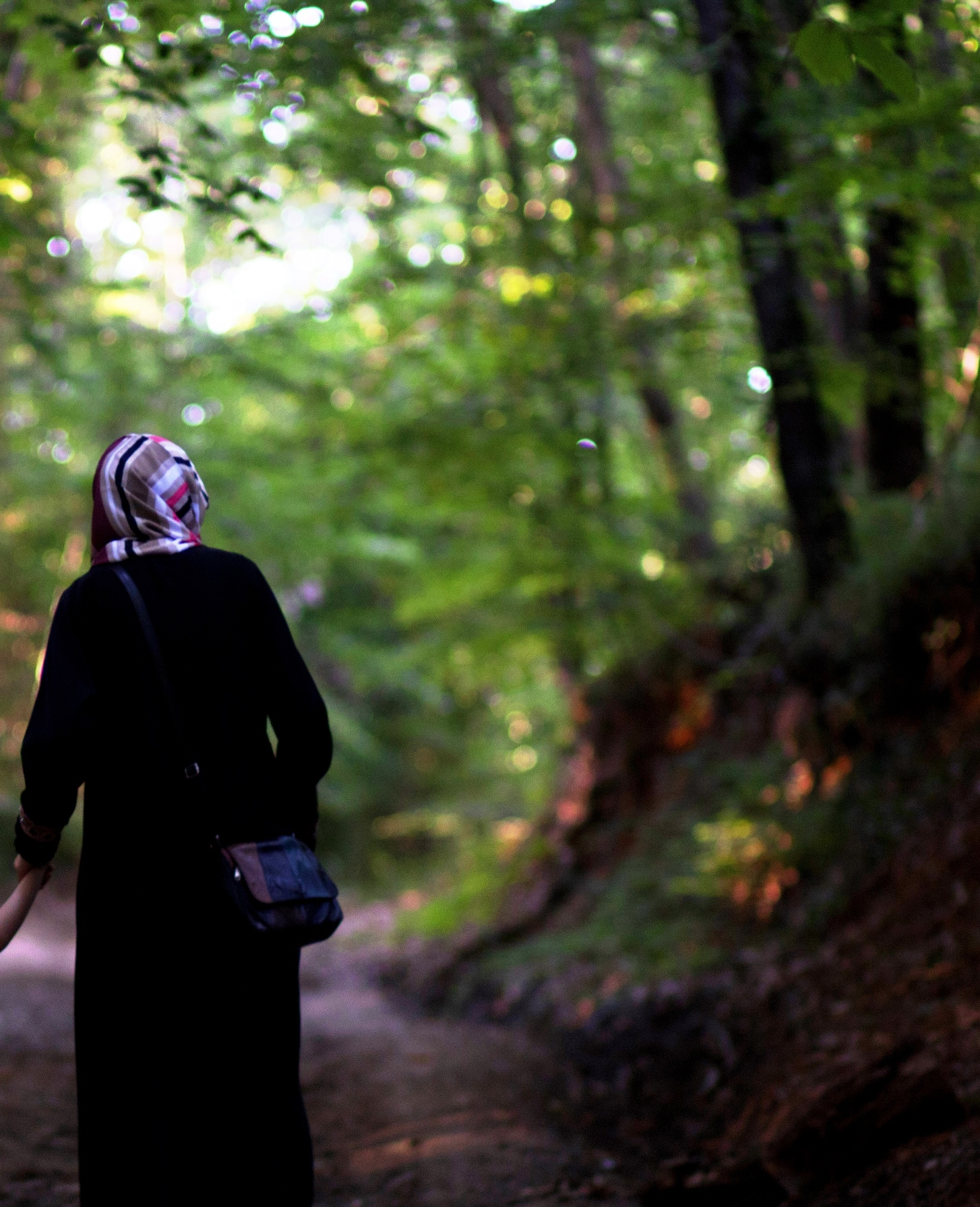
Background
I’m Turkish. My life story in Madina began before my birth, when my father got a job as an electrical engineer in Masjid Nabawi’s extension project in 1982. This was before he was married. He came with a contract for three months, but wasn’t able to return to Turkey even for a holiday for three years because of the work load.
He married my mother in 1985 and she came with him to Madina. Life in Madina was so simple back then. They had an apartment close to the Haram and would visit daily. My father always prayed his five prayers there because of his job. Later, when he was looking for work, he remained unemployed for three years because he would only take a job where he could pray at the Haram, even if it paid less. This is an important point: living in Madina becomes meaningful if you visit and pray at the Haram. Alhamdulillah, at the end of those three years, he found a job with the Haram’s car parking project and was able to continue praying five times in the Masjid until the last day of his life.
Growing Up in Madina
We are four siblings and were all born in this beautiful city. Childhood in Madina, and I think every stage of life here, is calm and quiet. You learn to be happy with the simple things in life: even a rain drop can make you happy. Because it rains only several times throughout the year, rain is a special event for the people in Madina, especially the children. The smell and the “tip tap” sound of rain drops dropping on ACs are amongst my best childhood memories. Also most children go to Qur’an memorizing circles or “tahfiz schools” before starting formal education. I went to a tahfiz school for two years with my sister. We were four and five years old then. It is wonderful to start education with Quran.
Education
I studied in Saudi schools until I graduated from high school. Then, a real challenge began for all foreigners like us. We wanted to study further but non-Saudi nationals are not accepted to public universities. This is sad and you feel discriminated against but there is nothing one can do. There are private colleges that admit non-Saudi students but they are very expensive. At that time, hijab was not permitted at universities in Turkey so returning there was not an option. So, with my father’s encouragement, we decided to pursue education online. My sisters and I received our degrees from American universities via distance learning. This way we both learned a language and studied the subjects we wanted to. It was not cheap though, but alhamdulillah my father’s partners in Turkey managed to pay for our education. I studied psychology and my sister studied software engineering. We got teaching jobs when we were still sophomores, which helped.
Father’s Passing
In 2007, my father passed away in Madina and was buried in Baqi. It was the last day of his job contract with his company, and after praying Isha, he returned to his office, but wasn’t feeling well. His friends took him to Al-Ansar hospital close to the Haram where he passed away. Madina really doesn’t let people go who love it from the heart. My father had an illness called Amylidosis, for which there is currently no cure. He had always wanted to be buried in Baqi and thus remain in Madina, and his prayer was answered.
About Death
Death is amongst the most difficult of life’s tests. But belief in the Hereafter cures one’s grief and makes it bearable. To know that, as Nursi says,
“Death is not destruction, or nothingness, or annihilation; it is not cessation, or extinction; it is not eternal separation, or non-existence, or a chance event; it is not authorless obliteration. Rather, it is being discharged by the Author Who is All-Wise and All-Compassionate; it is a change of abode. It is being despatched to eternal bliss, to your true home”.
The thing you feel is something like, “he is in a safe place and you will see him, but not now. You will miss him until you meet him once again, inshaAllah”.
Life Continues
We had tough times after my father’s passing, but with each hardship comes an ease. Alhamdulillah, our residency permit was officially solved as my uncle was also in Madina with his family. This was a blessing. Also, we have great friends in Madina who made a lot of things easy for us. We had weekly lessons on religion and would meet our friends at these lessons each week; this was at the core of our social life in Madina.
I worked as a language teacher in several private schools. Then, this year in 2017, 10 years after my father’s death, we had to return to Turkey for some family reasons. Leaving Madina wasn’t easy at all, but there was nothing to do. So we say like the Turkish poet Ibrahim Hakki:
“Let’s see what the Master [Allah] does; whatever He does, it is best.”
What Madina Teaches You
If you are a good learner, Madina teaches a lot. Madina teaches to unite with Muslims from all around the world. It teaches that “the unity of belief necessitates also the unity of hearts” as Nursi says, and teaches to tolerate differences; teaches that nothing in this world is eternal and there are more important things than worldly issues. I observed and experienced myself how life and future plans can change in a day and night; everything can change so quickly, but knowing where to ask for help, and the power of dua, makes a lot of things easier.
Madina is like a pearl hidden inside a hard shell. It has astonishing beauty stemming from simplicity. I can’t find a word to describe this, but I think anyone that visits Madina can feel it.
May Allah grant everyone many, many visits to this blessed land.
